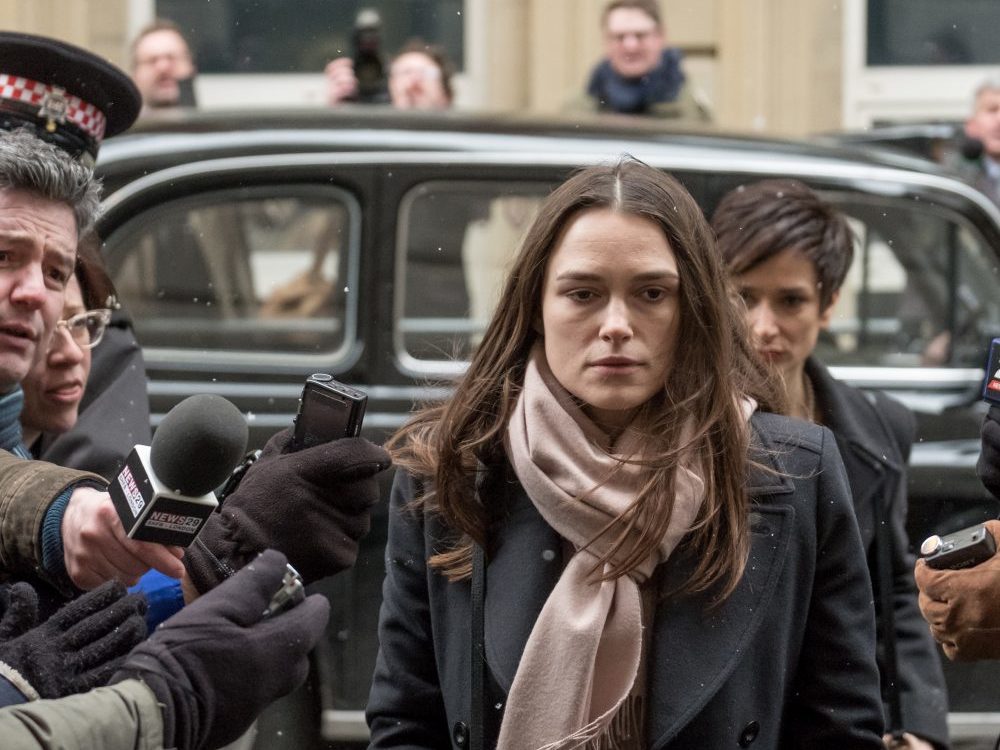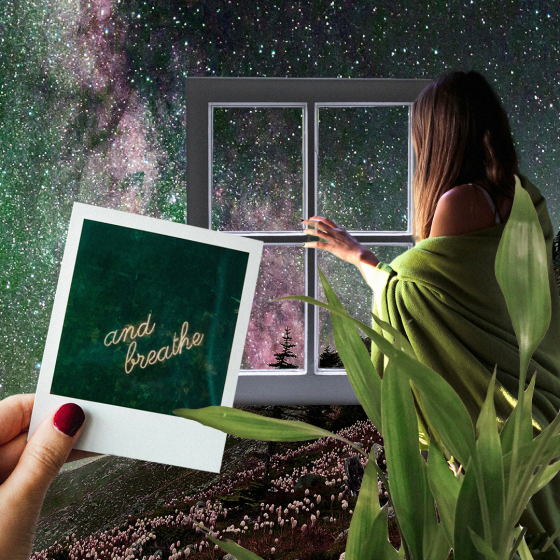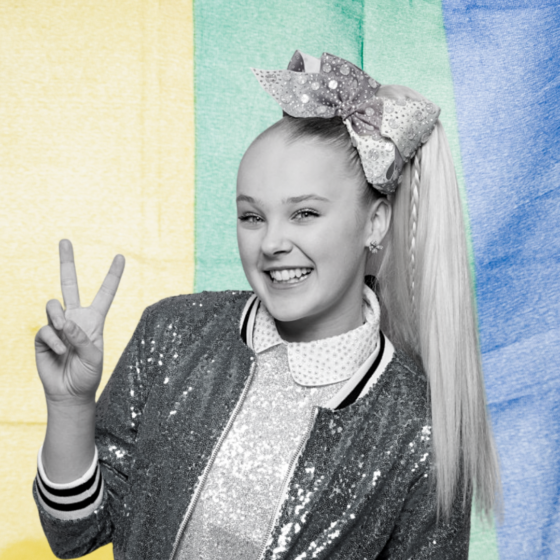“When Ed Snowden’s revelations came out, I thought, ‘God, that guy knows what he’s doing.’ I was pretty impressed with his forward thinking and how he’d plotted it all out. I was thinking he definitely had some street cred.”
Speaking as a fellow whistle blower on the West’s biggest secrets of state, Katharine Gun knows of which she speaks. Gun is the deceptively demure British woman who was minding her own business back in 2003, working for Britain’s GCHQ as a Mandarin translator when she was given sight of a memo from the CIA, urging spying on the UN Security Council to help force through the vote for the second war on Iraq.
Horrified by this edict, Gun leaked the memo to the Observer newspaper and, when she confessed to protect a witch-hunt of her colleagues, was charged with breaking the Official Secrets Act. Her lawyers made the audacious defence of declaring her actions in the national interest, effectively putting the British Government on trial, until prosecutors presented no case. This made for a bittersweet victory for Gun, a free woman but powerless to hold the state to account for its decisions. 16 years later, her actions are the subject of a thrilling new film, ‘Official Secrets’, starring Keira Knightley and directed by Gavin Hood, who previously brought us political thrillers ‘Eye in the Sky’ (the ethics of drone warfare) and ‘Rendition’ (what it sounds like).
Gun remembers 2003 as a time of great anxiety when she was initially desperate to stay anonymous, before it became impossible. These days, based in Turkey and no longer worrying about deportation as well as the responsibilities of a new mother, she is far happier to concentrate on the issues raised by her actions, and the state of politics she now watches from afar.
“Things have got worse,” she says grimly. “The government is less accountable, even more secretive if that’s possible and I think partly it’s because they got away with it last time, and that’s why this story coming out now is just such a good time. It’s why I wanted it to.
“What I see is a global trend, a very alarming one, towards – basically – fascism, and while we all bicker among ourselves about little things, a corporate takeover is taking place. The thing is we have to stop being so isolationist and individualist, and think more as a whole, because gradually the level of oppression is getting heavier and heavier.”
While Gun expresses only a bemused fatigue for Tony Blair’s ongoing rebranding as an elder statesman of political unity, she reserves far clearer contempt for those politicians around him who expressed opposition to our actions in the Gulf.
“For all the 100 MPS who voted against the war, if they really truly believed there was no justification for war, they had evidence there, they had proof,” she says now, her voice rising. “What were they doing? Why didn’t they take that piece of paper, wave it in front of TB and demand to know what was going on?”
They can’t say they weren’t informed. Gun doesn’t even sound boastful when she describes her leak, one that exposed both US and British security services’ actions as “probably the highest classification of a leak in UK history, it was unprecedented”.
But we still went to war. Thousands died. She nods. “Everyone says, Katharine, you failed.’
“Well, I did what I could, I had no access to Tony Blair, but there were plenty of people who picked up the Observer. My dad read it online in Taiwan where my parents were living and said, ‘Dear God, this must make a difference,’ and he didn’t even know I’d leaked it. So if my dad in Taiwan was appalled, why weren’t MPs?”
Martin Bright is the former journalist who told Gun’s story in the Observer. Today he agrees with her that whistle blowers need to be treated particularly well in this new era, when the truth is more elusive and fragile than ever, and he believes we can learn from the new organisations established to protect women.
He says, “There are two different platforms, one in the UK, one in the US, to help women report harassments that, within an organisation, they can anonymously report incidents, and if the same individual is being reported by several women, that can be flagged up. It strikes me that can be developed for whistle blowers too. We as a society need to find ways of letting them come forward.
“There are a number who have come forward in the intelligence services since 9/11, in the US in particular and formed a network, and they’ve given Katharine the most enormous support over the years. So what we need to do is bolster those networks of support, because life is very difficult for some of those.”
One thing that has changed forever is the deference we used to offer political leaders at the time of the Iraq war. Bright remembers, “There was the feeling, ‘Oh well, these people know what they’re doing, Blair must be being told stuff by the intelligence services, he looks like a decent guy, surely this Saddam is a bad piece of work, they wouldn’t tell untruths.”
But for both Gun and Bright, ultimately, agency must remain with all of us. Bright says:
“This is a story about people doing their jobs and not doing their jobs. It’s about KG a good mandarin translator doing her job sitting in GCHQ and I was doing my job at the Observer, if others weren’t then that’s their responsibility, but I think ultimately what can we do?”
“This is about telling stories. We were early victims of the charge of fake news, so it’s even more difficult now to break a good story and have it recognised. It’s about humility, doing what you can. As a journalist it wasn’t my job to stop a war, but if journalists just keep chipping away, attempting to find the truth, that’s all we can do.”
We need look no further for inspiration in this than Gun herself. She reminds us all, in the calm after such a huge personal storm, “Just take responsibility for our own actions, do a good job, be proud of what we do and do it to the best of our abilities. If everybody did that, we’d start to repair things.”
“But ultimately it’s about holding people to account, not being afraid of standing up and saying, ‘I don’t hold with that, I’m not going to accept that, that’s wrong.’ It’s about intervening and not expecting other people to do it for you. Do it for yourself.”
‘Official Secrets’ is in UK cinemas now.









